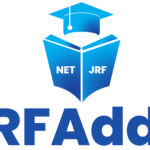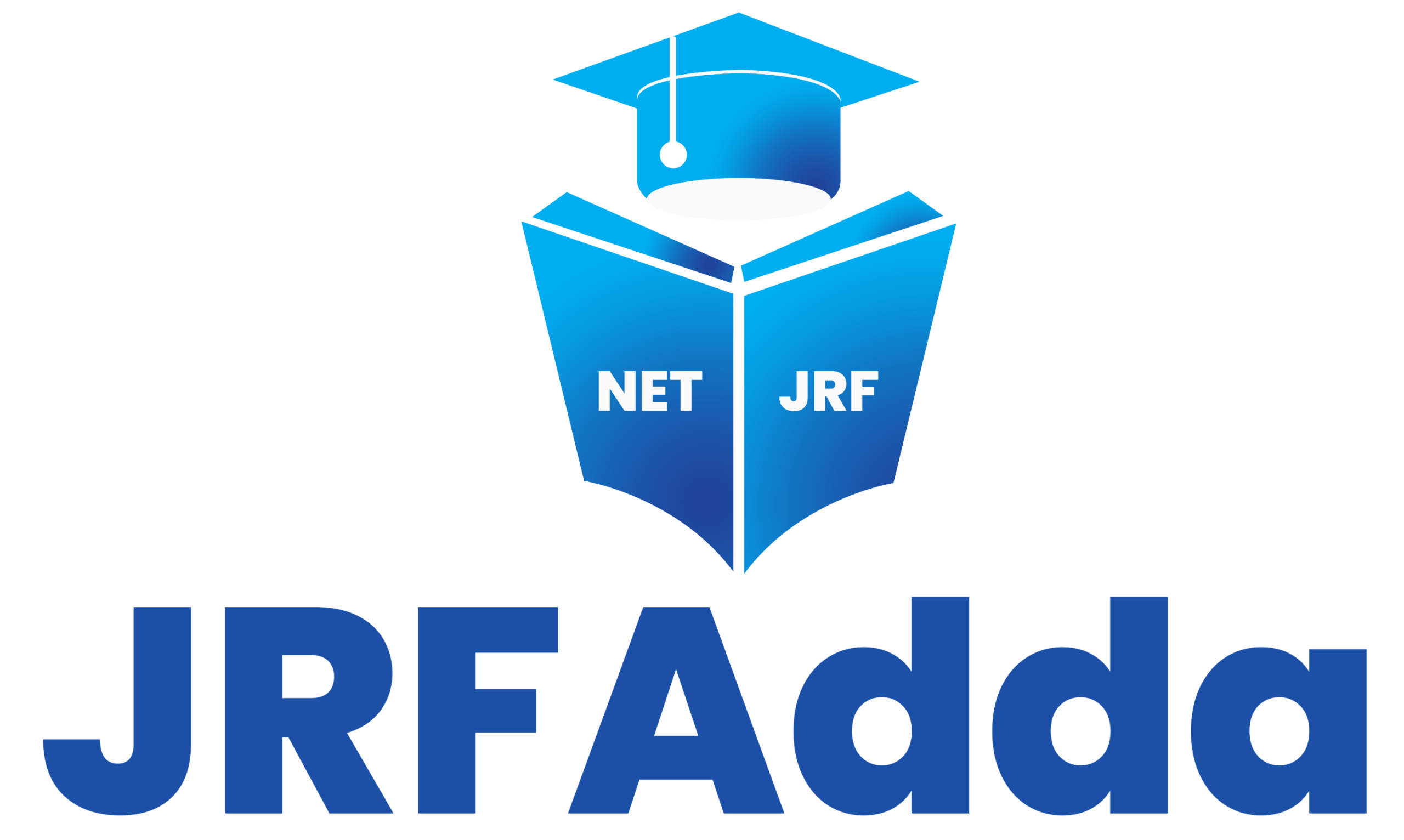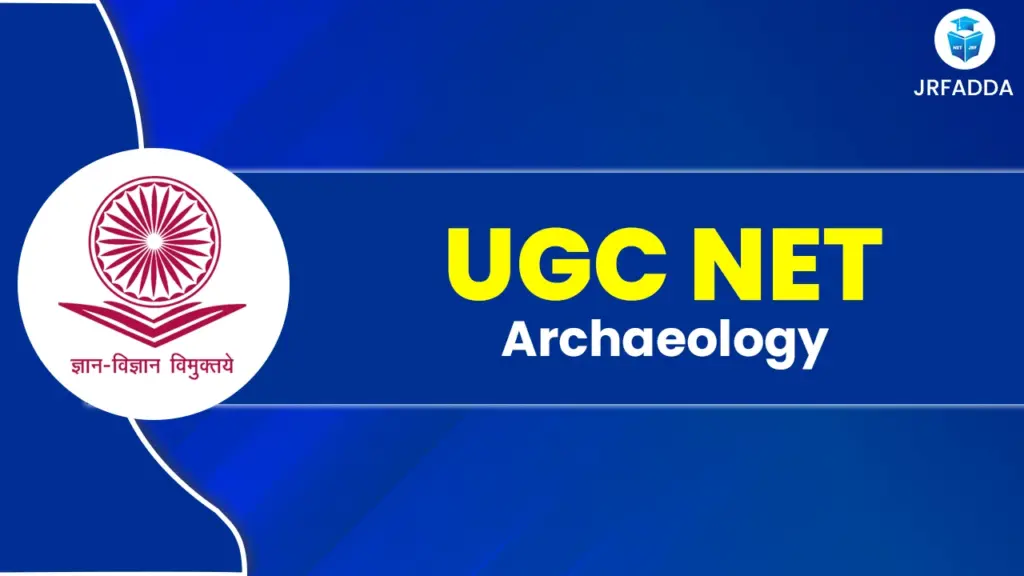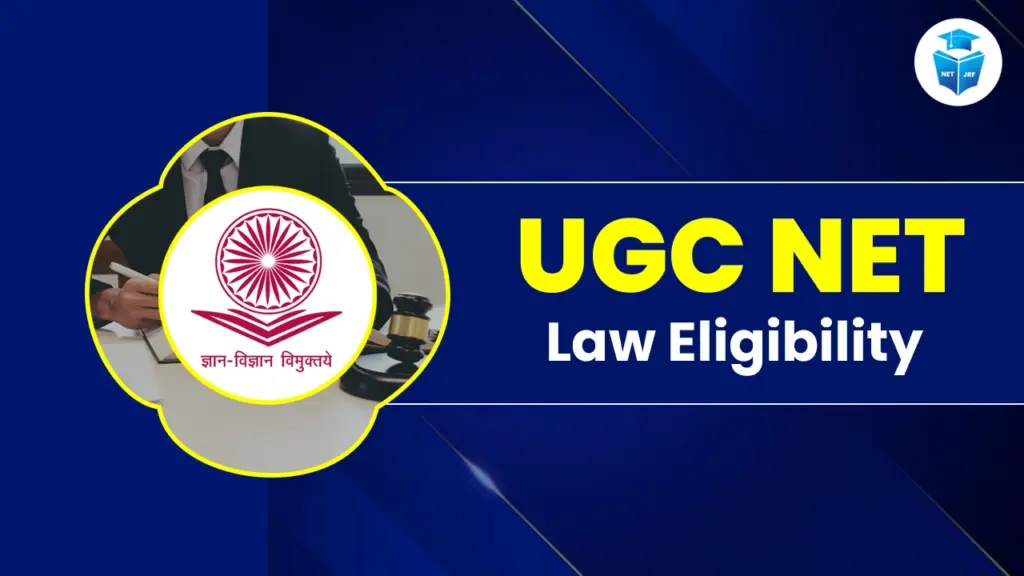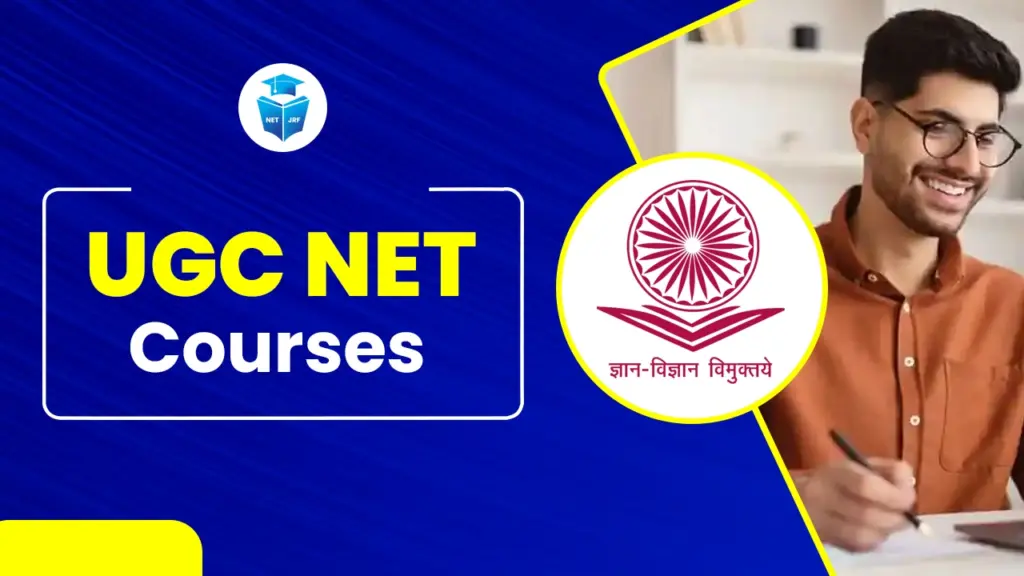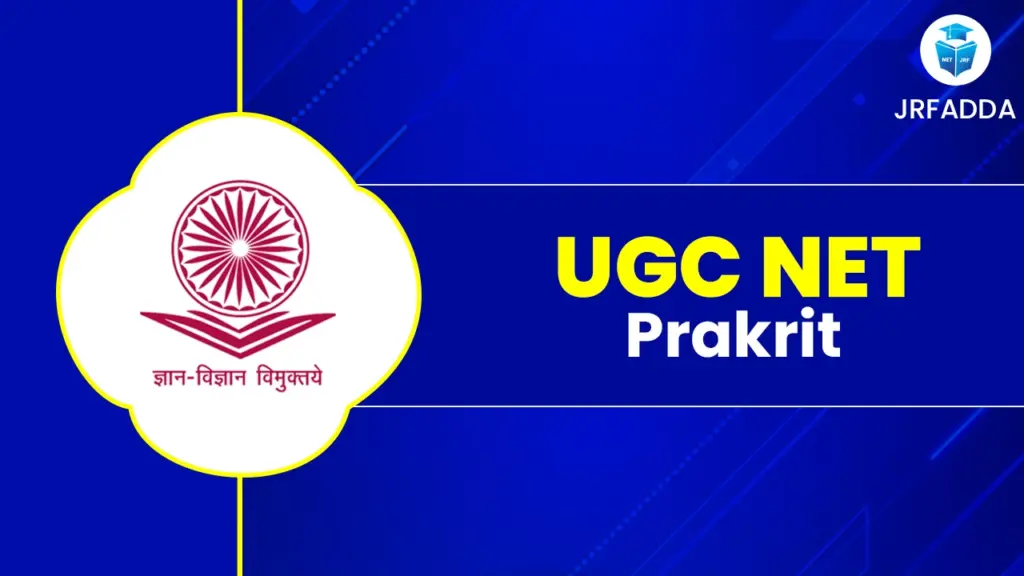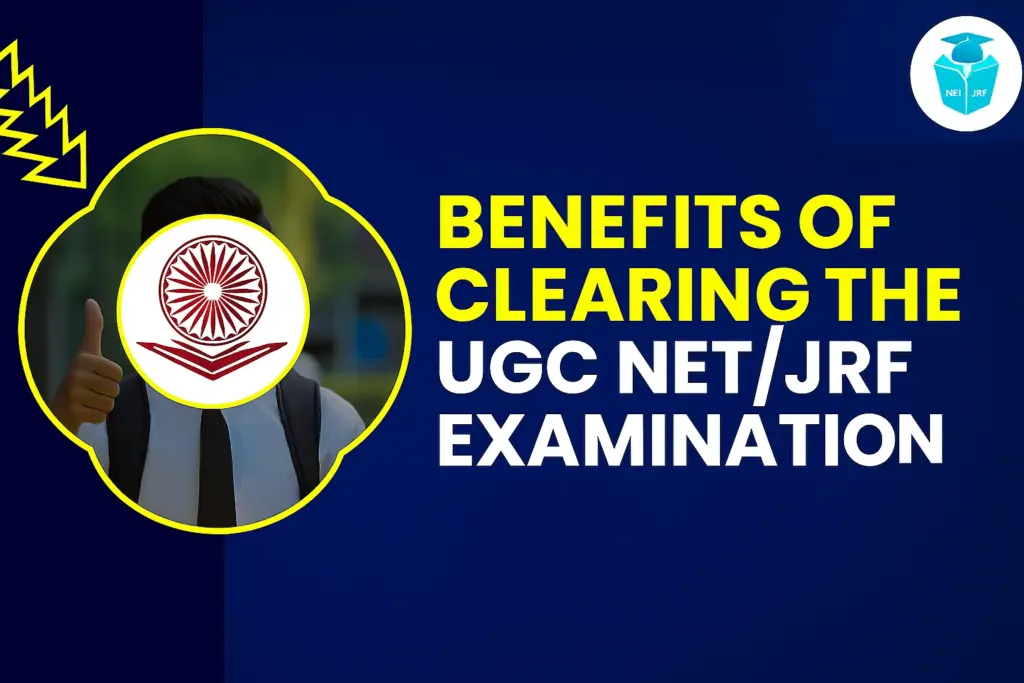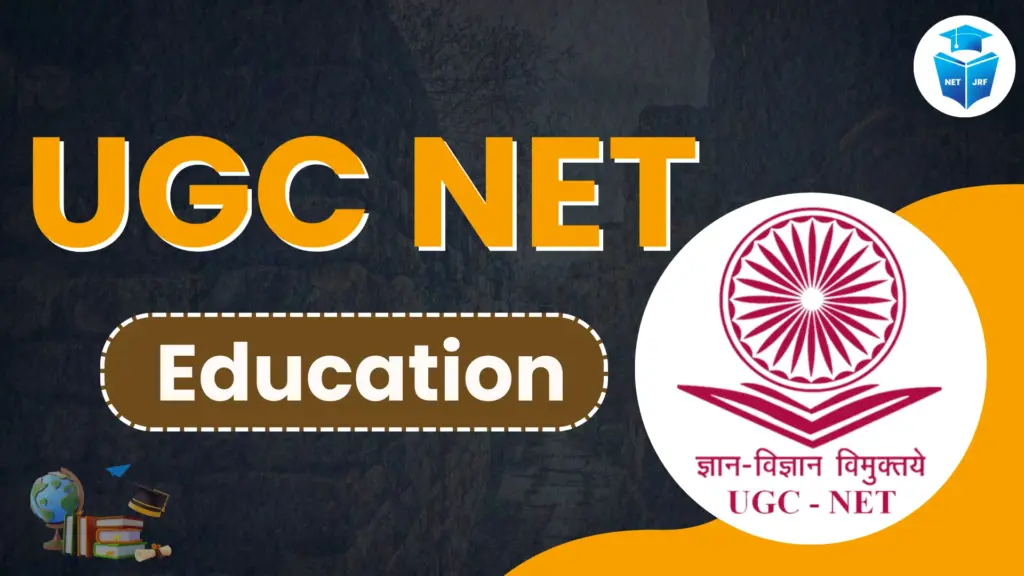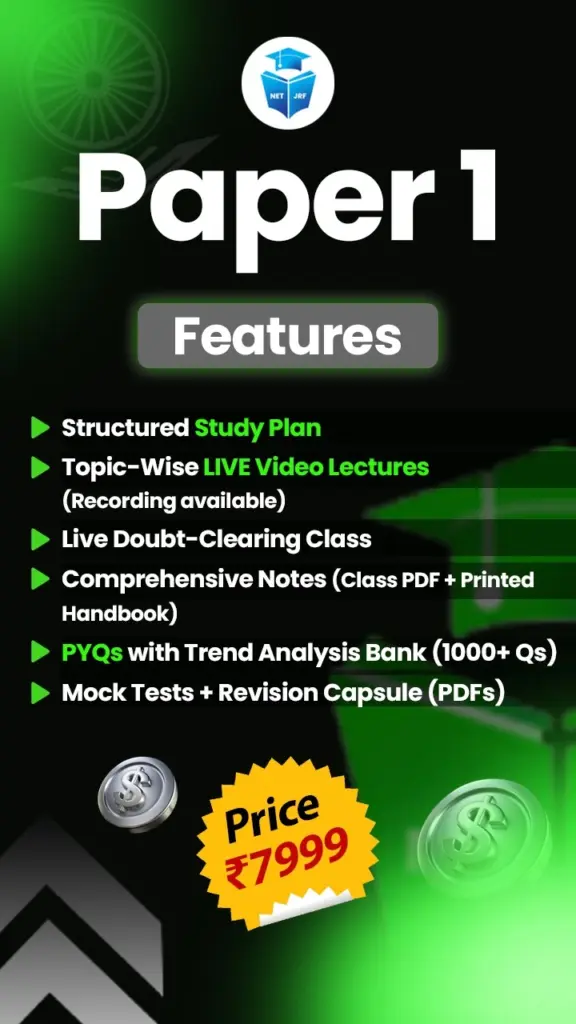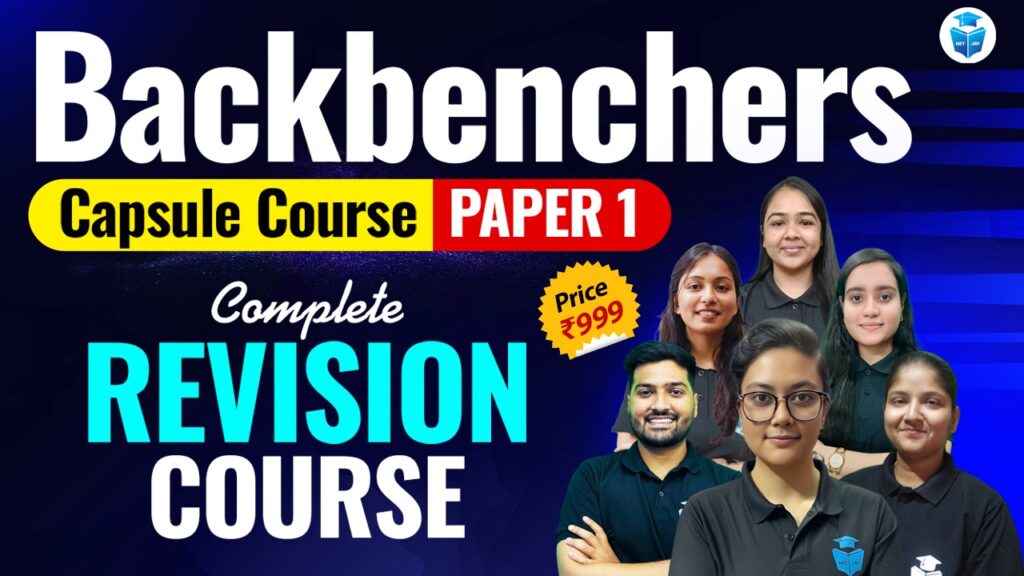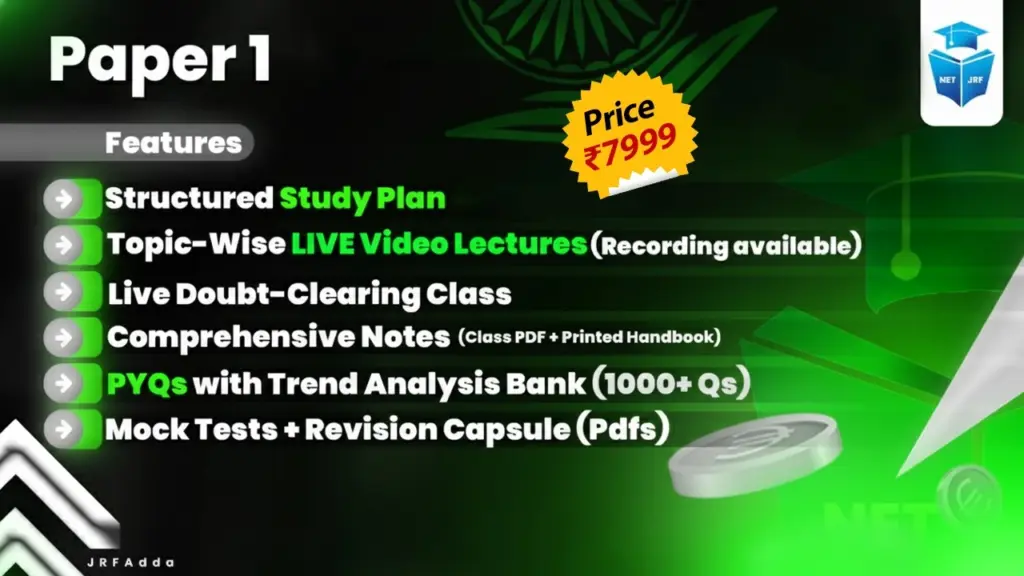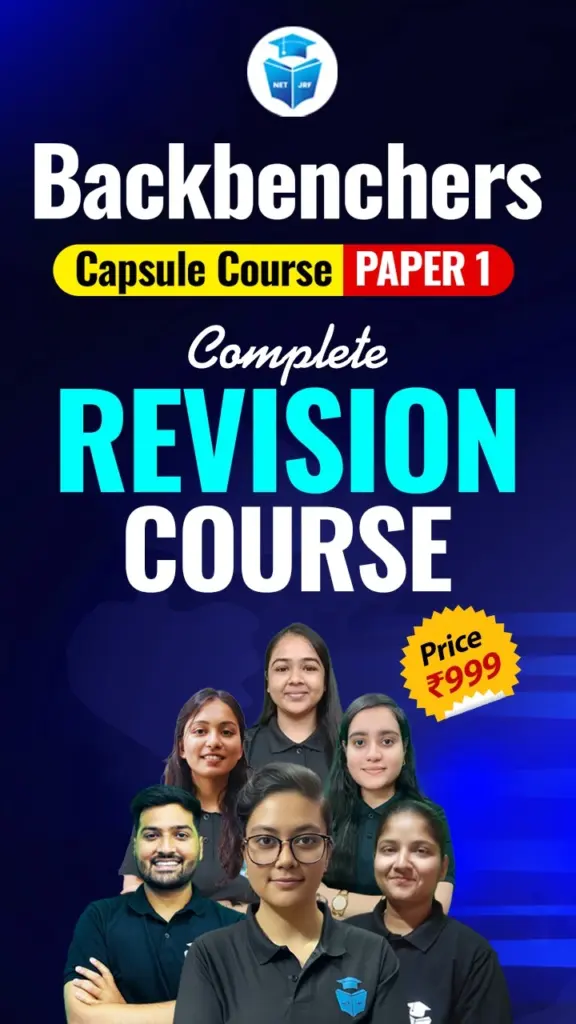UGC NET Archaeology 2025 exam is a key national-level test conducted by the National Testing Agency (NTA) for candidates aspiring to qualify for Assistant Professor and Junior Research Fellowship (JRF) positions in Archaeology. The examination will be held on 5 January 2026 in Shift 2.
This exam evaluates candidates’ subject knowledge and general aptitude, serving as an important milestone for academic and research careers in archaeology.
UGC NET Archaeology 2025 Exam Analysis (5 January 2026 – Shift 2)
The UGC NET Archaeology 2025 Shift 2 exam, conducted on 5 January 2026 featured two papers — Paper I (General Aptitude) and Paper II (Subject-specific: Archaeology). As per student feedback and expert analysis
- Paper 1 was rated easy to moderate by most candidates. The paper showed balanced coverage of all 10 units, focusing more on conceptual understanding than rote learning. Many questions followed PYQ-based patterns, including assertion–reason and match-the-following types. Teaching Aptitude, Research Aptitude, Logical Reasoning, and ICT were largely direct and scoring. Data Interpretation was manageable with no lengthy calculations. Syllogism and reasoning questions were predictable. Overall, the shift was student-friendly and aligned well with recent UGC NET exam trends.
-
Paper II (Archaeology) emerged as moderate in difficulty, blending theoretical recall with analytical application questions. Core topics spanned Harappan urban planning and trade, scientific dating via AMS Radiocarbon and OSL, Mauryan-Gupta architecture (e.g., Ashokan edicts, temple styles), numismatics, epigraphy, conservation tech, and UNESCO sites. Analytical prompts on excavation methods and post-processual theory favored candidates with integrated conceptual depth over rote facts.
What is UGC NET Archaeology 2025?
UGC NET Archaeology is a subject-specific examination under the UGC NET framework, evaluating candidates on their knowledge of ancient Indian history, archaeological methods, excavation practices, cultural heritage, and scientific techniques used in archaeological research. It tests both theoretical understanding and applied methodologies critical to the field.
This examination opens doors for candidates to work in academic, research, museum, conservation, and heritage sectors in India and abroad.
Also Read: UGC NET Exam 2025
Objectives of UGC NET Archaeology
- To assess the teaching and research aptitude in archaeology and its allied disciplines.
- To determine eligibility for Assistant Professorship in Indian universities and colleges.
- To award JRF to qualified candidates, enabling funded research and Ph.D. programs.
- To promote the preservation, study, and dissemination of India’s cultural and archaeological heritage.
UGC NET Archaeology 2025 Key Highlights
| Feature | Details |
| Exam Name | UGC NET Archaeology 2025 |
| Conducting Body | National Testing Agency (NTA) |
| Mode of Exam | Computer-Based Test (CBT) |
| Duration | 3 hours |
| Papers | Paper I (General) and Paper II (Archaeology) |
| Total Questions | 150 (50 in Paper I, 100 in Paper II) |
| Total Marks | 300 |
| Medium of Exam | English and Hindi |
| Negative Marking | No |
| Official Website | ugcnet.nta.nic.in |
UGC NET Archaeology 2025 Eligibility Criteria
Educational Qualification
Candidates must hold a Master’s degree in Archaeology, Ancient Indian History, History, Culture, or a related discipline from a recognized university or institution. Final-year postgraduate students are eligible to apply provisionally.
Minimum Marks Required
- General / EWS / OBC-NCL / Third Gender: 55%
- SC / ST / PwD: 50%
Age Limit
- Junior Research Fellowship (JRF): Maximum 30 years (with age relaxations: OBC – 3 years; SC/ST/PwD/Women – 5 years)
- Assistant Professor: No upper age limit
Also Read: UGC NET Eligibility 2025
UGC NET Archaeology 2025 Exam Pattern
| Paper | Subject | Number of Questions | Total Marks | Duration |
| Paper I | General Paper on Teaching & Research Aptitude | 50 | 100 | 3 hours combined |
| Paper II | Archaeology (Subject-Specific) | 100 | 200 | 3 hours combined |
Marking Scheme: Each correct answer carries 2 marks. There is no negative marking.
UGC NET Archaeology Syllabus 2025
Paper I (General Paper)
This paper is designed to assess teaching and research aptitude, comprehension, logical reasoning, communication, ICT, and higher education awareness.
Paper II (Subject: Archaeology)
Topics include:
- Prehistoric and Protohistoric Cultures of India
- Harappan Civilization: Urban planning, Art, Trade, and Chronology
- Vedic and Later Vedic Culture
- Mauryan, Post-Mauryan, and Gupta Periods
- Buddhist, Jain, and Brahmanical Art and Architecture
- Field Archaeology: Methods of Excavation, Stratigraphy, Survey
- Scientific Dating Techniques: Radiocarbon, Thermoluminescence, Dendrochronology
- Epigraphy and Paleography: Early Scripts and Inscriptions
- Numismatics: Ancient Indian Coinage and Economic History
- Conservation and Preservation of Monuments and Artefacts
- Heritage Management and Museology
- Archaeological Theory and Methodology
- Cultural Heritage Sites and UNESCO World Heritage Sites
Download Syllabus PDF:
The full syllabus is available for download at the official NTA website under the subject code and syllabus section.
| UGC NET Archaeology 2025 Syllabus PDF Download |
UGC NET Archaeology Previous Year Question Papers
Practicing previous year question papers helps candidates understand the exam pattern, frequently asked topics, and improves time management.
| Year | Download Link |
| 2025 (december session) | Download PDF (available soon) |
| 2025 (June session) | Download PDF (available soon) |
| 2024 | Download PDF |
| 2023 | Download PDF |
| 2022 | Download PDF |
| 2021 | Download PDF |
| 2020 | Download PDF |
| 2019 | Download PDF |
Career Scope After UGC NET Archaeology 2025
Academic Roles
- Assistant Professor at colleges and universities
- Eligibility for Ph.D. admission with JRF funding
- Supervisors or mentors in academic institutions
Research and Field Roles
- Research Fellow or Assistant in excavation projects
- Documentation expert in historical archives or archaeological sites
- Archaeological analyst in heritage and research institutes
Government Sector
- Officer roles in the Archaeological Survey of India (ASI)
- Cultural or Heritage Officer in state archaeological departments
- Translator or Epigraphist for government documentation projects
Museums and Cultural Institutions
- Museum Curator, Archivist, and Conservator roles
- Specialists in Museology and Conservation Science
- Positions in INTACH, ICCROM, ICHR, UNESCO projects
Preparation Tips for UGC NET Archaeology 2025
- Understand the syllabus thoroughly and categorize topics by weightage.
- Read standard textbooks by authors like D.K. Chakrabarti, Allchin & Allchin, and Romila Thapar.
- Practice regularly using previous year papers and online mock tests.
- Use visual materials such as excavation videos, site maps, and artifact images.
- Stay updated on recent archaeological discoveries and conservation news.
- Join discussion groups or online forums to exchange study resources.
Conclusion
UGC NET Archaeology 2025 exam offers a unique gateway for aspiring scholars, educators, and heritage professionals to contribute to the study and preservation of India’s ancient past. By qualifying for Assistant Professorship or the Junior Research Fellowship (JRF), candidates can engage in meaningful careers in academics, field research, museums, and government archaeology departments. The exam evaluates both theoretical knowledge and applied archaeological practices, ranging from excavation techniques to conservation. The UGC NET Archaeology 2025 exam will be held on 5 January 2026 in Shift 2. With a focused preparation strategy, thorough understanding of the syllabus, and consistent practice using past papers, candidates can secure their place in this rewarding and intellectually rich domain.
UGC NET Archaeology 2025 FAQs
Who is eligible to apply for UGC NET Archaeology 2025?
Candidates with a Master’s degree in Archaeology, Ancient Indian History, History, or related fields with a minimum of 55% marks (50% for reserved categories) are eligible. Final-year students may apply provisionally.
What is the scope of UGC NET Archaeology in India?
The scope includes teaching at universities, research in government and private institutions, working with ASI, museums, conservation bodies, and heritage management organizations.
How should I prepare for Paper II in Archaeology?
Begin by studying the official syllabus and NCERTs for history. Refer to university-level archaeology books, focus on excavation methods, cultural history, and practice with past question papers regularly.
What is the difference between JRF and Assistant Professor eligibility?
JRF allows candidates to pursue funded research through a Ph.D. program, while Assistant Professor eligibility qualifies candidates for teaching roles. The JRF has an upper age limit, but Assistant Professor eligibility does not.
Can I appear for UGC NET Archaeology if my postgraduate degree is in Ancient Indian History?
Yes, candidates with a degree in Ancient Indian History and Culture are eligible, provided the program covered archaeological content relevant to the syllabus.
